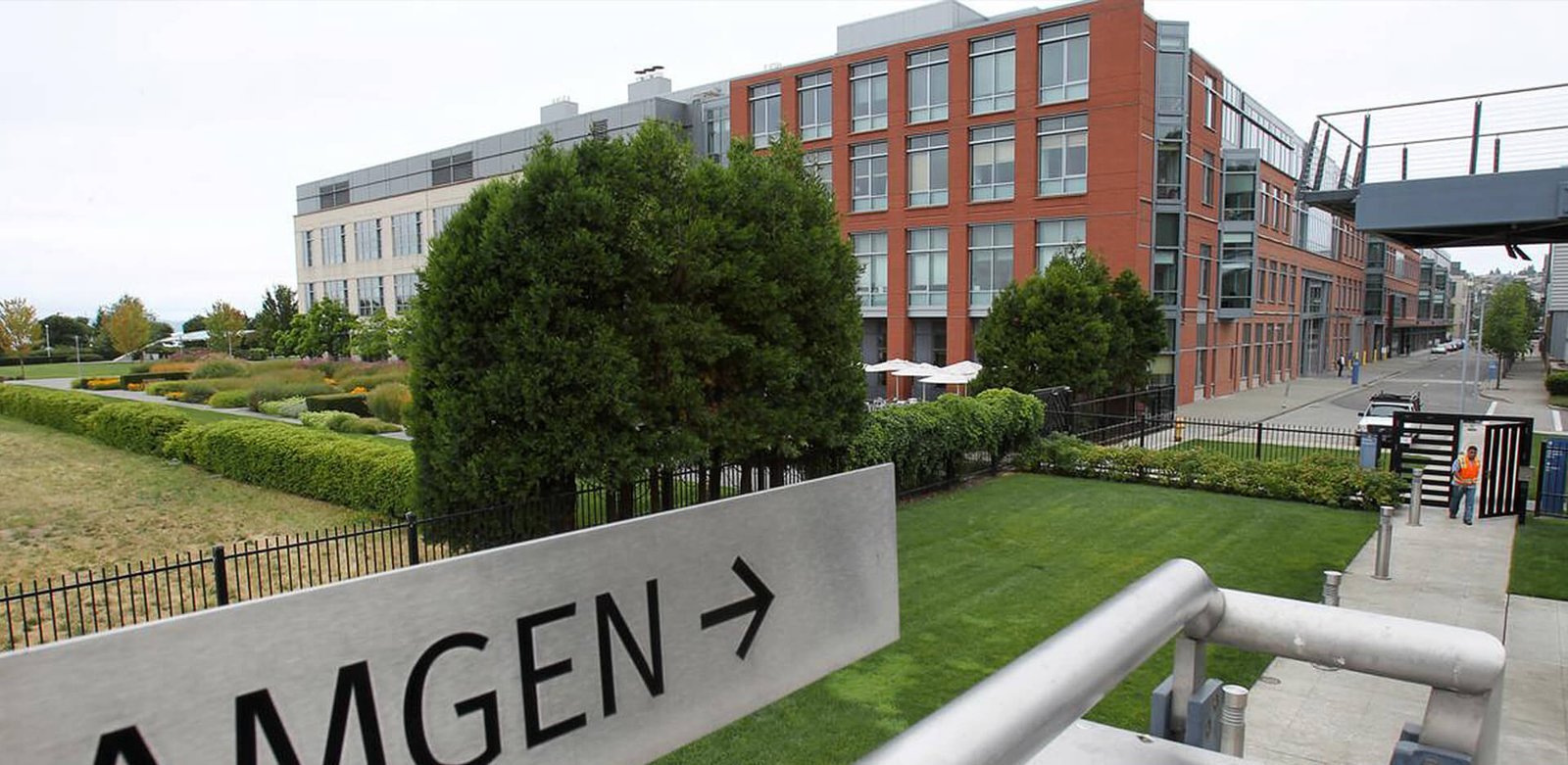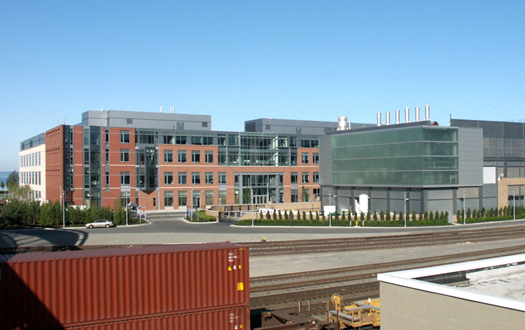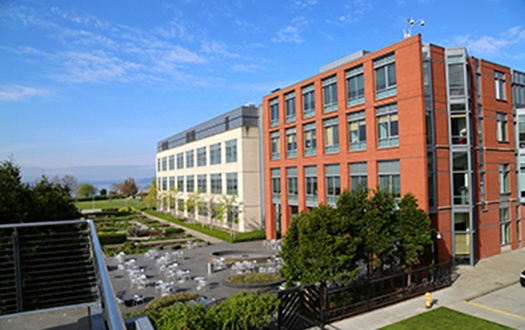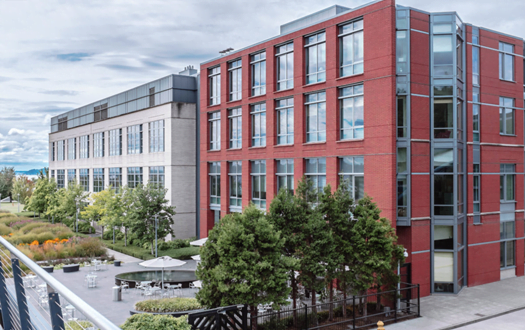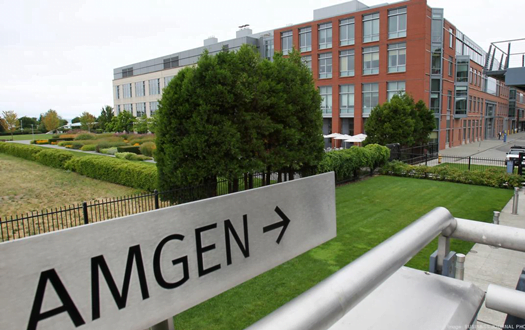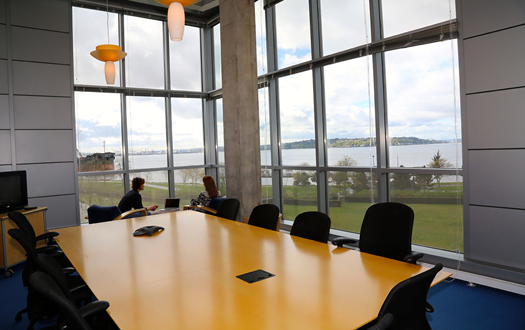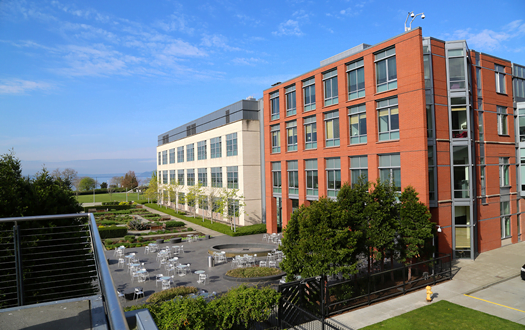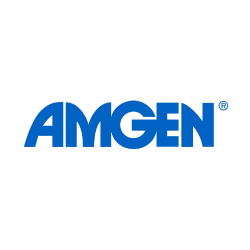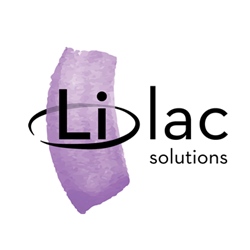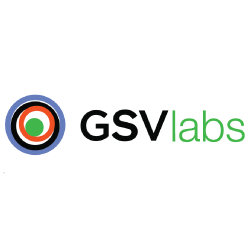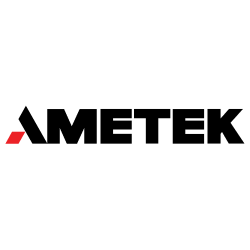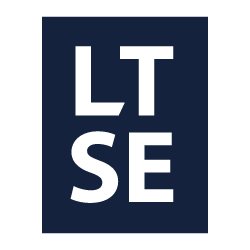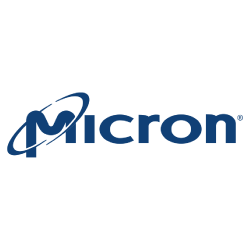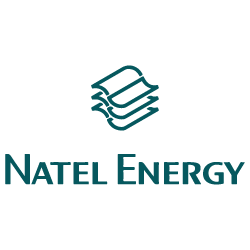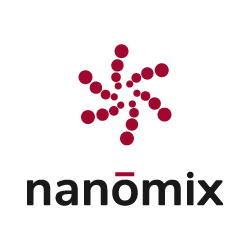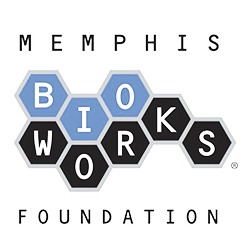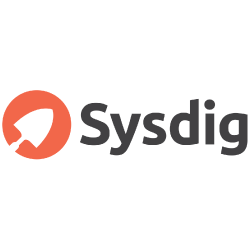In Seattle, it was clear that Amgen needed to figure out the most efficient way to abandon their operations and research campus. The campus was a Class A building that they inherited through their acquisition of Immunex, a deal that was worth $16,000,000,000 in the early 2000s.
Despite being a world-class campus and one of the finest laboratory facilities in Seattle, Amgen could not justify carrying the expense, especially given their exposure in South San Francisco. AMGEN wanted IPG and Lend Lease to explore all avenues and make an analysis comparing the advantages of a rapid sale of the campus, a long-hold disposition strategy, or master development JV partnerships, given all the excess land the site offered for development opportunities.
The positive factors AMGEN had to work with in Seattle were:
- Class A Design & Construction
- Excellent Waterfront Location
- World-Class Corporate Image
- All Facility Layouts and Building Systems
- Master Development Opportunities
- JV Structuring for Expansion Land Development
The negative factors working against Amgen, in terms of being able to lower their economic exposure, included:
- Investment Basis on Campus
- Seattle Life Sciences Market Demand Could Not Easily Absorb 900,000 Sf of Lab Space
- Challenging Disposition Options
- Life Science User Base Was Not Strong
- Disposition of The Campus Would Triple Biotech Vacancy in Seattle
A quick exit was the most desirable outcome for Amgen. Unfortunately, that option came with the worst possible economic returns.
The IPG team concluded that a rapid disposition of the campus would likely yield the lowest proceeds. At the same time, however, it would minimize carrying costs with the least complexity.
A longer-term sale and/or redevelopment strategy would deliver higher sales proceeds.
We suggested that Amgen should evaluate its options, assuming there are two property components – the building, and the excess land not required to support the building.
The waterfront location and fee-simple ownership make the property attractive to developers for joint-venture investment.
